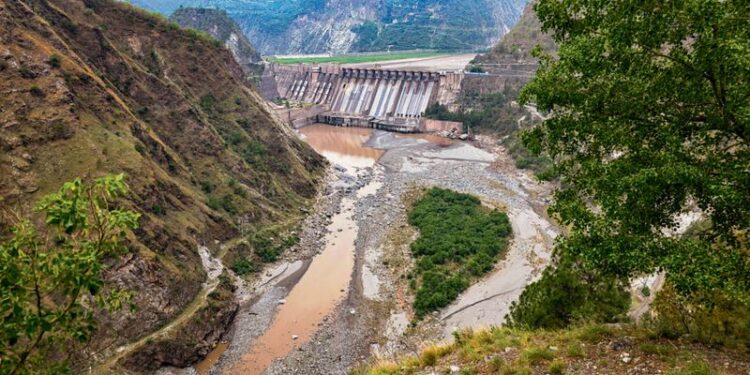Pakistan has urged India to reconsider its recent decision to suspend the Indus Waters Treaty (IWT), emphasizing the critical reliance of millions of its citizens on the water resources governed by this 1960 agreement. The suspension was enacted following a cabinet committee on security (CCS) decision on April 23, which came just a day after a terrorist attack in Pahalgam that resulted in the deaths of 26 individuals. This appeal was conveyed through a letter from Syed Ali Murtaza, the secretary of Pakistan’s Ministry of Water Resources, to Debashree Mukherjee, the secretary of India’s Jal Shakti Ministry. While India has yet to issue a formal response to this correspondence, sources indicate that the appeal is unlikely to alter the CCS’s decision to halt the treaty as a form of retaliation for the Pahalgam attack. Prime Minister Narendra Modi, in a national address following “Operation Sindoor,” underscored the sentiment that “blood and water cannot flow together,” reinforcing India’s stance. Additionally, India has dismissed Pakistan’s assertion that the treaty’s suspension is “illegal.” In recent days, India has also engaged in flushing and desilting operations at two hydropower projects—Baglihar and Salal—on the Chenab River in Jammu and Kashmir, which has led to disruptions in the downstream water flow. With the treaty’s suspension, India is no longer obligated to share data regarding water flow, leaving Pakistan to grapple with irregular water supply ahead of the crucial sowing season. The IWT allocates the Indus, Jhelum, and Chenab rivers to Pakistan, while India retains control over the Sutlej, Beas, and Ravi rivers, with India receiving approximately 30 percent of the total water from the Indus River System, and Pakistan receiving the remaining 70 percent.
Pakistan urges India to reassess its stance on the Indus Waters Treaty.
Deprecated: str_replace(): Passing null to parameter #3 ($subject) of type array|string is deprecated in /home/u902433967/domains/ozinews.in/public_html/english/wp-content/plugins/jnews-social-share/class.jnews-initial-counter.php on line 40
Deprecated: str_replace(): Passing null to parameter #3 ($subject) of type array|string is deprecated in /home/u902433967/domains/ozinews.in/public_html/english/wp-content/plugins/jnews-social-share/class.jnews-initial-counter.php on line 40
Deprecated: str_replace(): Passing null to parameter #3 ($subject) of type array|string is deprecated in /home/u902433967/domains/ozinews.in/public_html/english/wp-content/plugins/jnews-social-share/class.jnews-initial-counter.php on line 40
Deprecated: str_replace(): Passing null to parameter #3 ($subject) of type array|string is deprecated in /home/u902433967/domains/ozinews.in/public_html/english/wp-content/plugins/jnews-social-share/class.jnews-initial-counter.php on line 40



